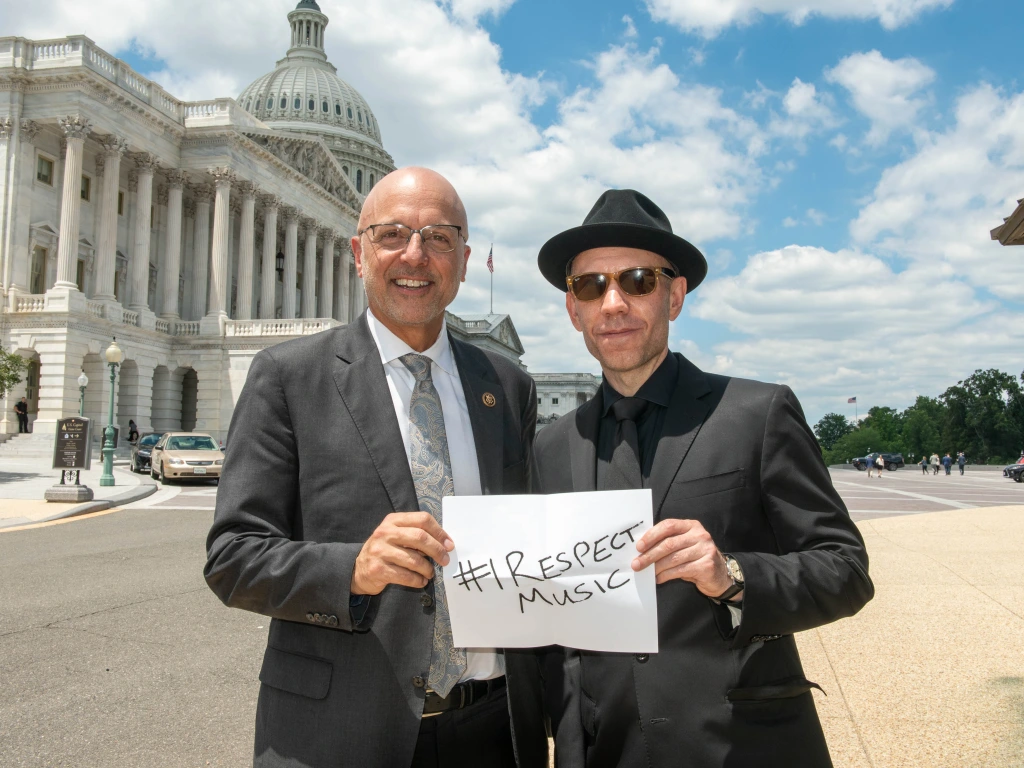
The hearing on Groundhog Day (Feb. 2) for the American Music Fairness Act (or “AMFA”) was a fantastic opportunity for artists to be heard on the 100 year free ride the government has given broadcast radio. We know it went well because the National Association of Broadcasters sputtered like they do when they’ve got nothing to say.
But what’s really hysterical was how they talked out of both sides of their mouths in two different hearings–which makes you think that NAB president Curtis LeGeyt was doing his impression of Punxsutawney Phil. Yes, when it came to broadcasters getting paid by Big Tech, the broadcasters wanted their rights respected and to be paid fairly. But when the shoe was on the other foot, not so much. In the Senate, the NAB asked for more money for broadcasters in a hearing for the Journalism Competition and Preservation Act–to protect the mega radio broadcasters from the mega tech oligarchs. And if broadcasters don’t get more money, they want to be exempt from the antitrust laws so they can pull their content. Just like artists do to them…NOT.
Then the NAB comes over to the House Judiciary Committee–on the same day being Groundhog Day–and asks the government to continue their 100 year free ride. We call bullshit.
SoundExchange CEO Mike Huppe nailed this in his Billboard post:
The AMFA witnesses didn’t ask for an antitrust exemption, like the broadcasters did. They simply asked that recording artists be granted similar copyrights as others.
They didn’t ask for more money, like the broadcasters did. They simply asked for at least some payment, since they now receive none when broadcast radio stations air their music.
They didn’t ask for special treatment, like the broadcasters did. Rather they asked that they be treated the same as all other artists around the world, and even the same as artists on virtually all other media platforms in the U.S.And they didn’t ask for rigts to negotiate and withhold content, like the broadcasters did. Under AMFA, radio stations would still be allowed to play music as they please. Artist advocates simply asked that the biggest-of-the-big stations pay a modest royalty set according to market rates. Stations making less than $1.5 million per year would pay a flat, annual royalty of $500 (less than $1.40 per day) for as much music as they choose to air. And the smallest stations’ payments would drop all the way down to $10.
No station is going to go bankrupt over these royalties.
Huppe has a very strong point here. This legislation has been picked over for years. AMFA bends over backwards to protect community radio and small broadcasters and repects everyone’s contribution to radio’s success.
But that’s the point–it respects everyone‘s contribution.
You can watch the hearing here:




You must be logged in to post a comment.